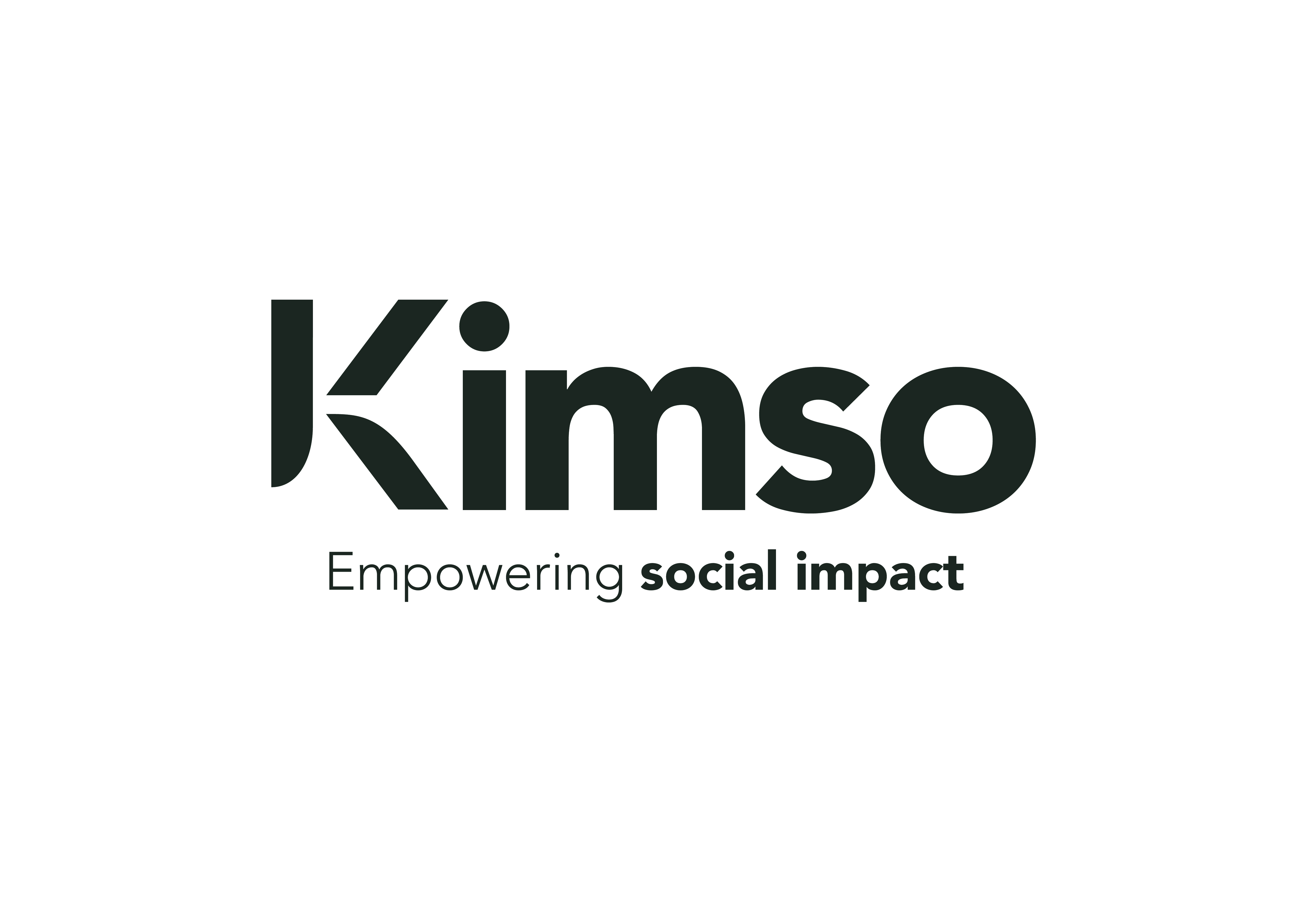

Kimso

Île-de-France, France
April 2018
Management consultant - nonprofits
Service with Minor Environmental Footprint
France
Created in 2014, Kimso is a consultancy dedicated to social impact assessment which aims at reporting on what really matters by listening to what everyone has to say in a simple and non-simplifying way. Kimso is committed to sharing its knowledge and to empower social purpose organizations to be autonomous in their impact assessment process. With nearly 250 missions carried out for more than 120 clients, the team has developed a detailed knowledge of certain subjects such as equal opportunities, precariousness (financial, energy, digital), ageing well, disability and support for caregivers, as well as employee commitment and philanthropy. In 2021, Kimso integrated the digital platform Impact Tools, which allows a social purpose organization to pilot its impact assessment autonomously. The Impact Tools platform gathers the whole evaluation cycle (scoping, indicators, questionnaire, and data analysis) in a single easy-to-use tool with data collection and reporting being automated. Connect with Kimso : https://kimso.eu/ https://fr.linkedin.com/company/kimso
Overall B Impact Score
Governance 17.1
Governance evaluates a company's overall mission, engagement around its social/environmental impact, ethics, and transparency. This section also evaluates the ability of a company to protect their mission and formally consider stakeholders in decision making through their corporate structure (e.g. benefit corporation) or corporate governing documents.
What is this? A company with an Impact Business Model is intentionally designed to create a specific positive outcome for one of its stakeholders - such as workers, community, environment, or customers.
Workers 32.7
Workers evaluates a company’s contributions to its employees’ financial security, health & safety, wellness, career development, and engagement & satisfaction. In addition, this section recognizes business models designed to benefit workers, such as companies that are at least 40% owned by non-executive employees and those that have workforce development programs to support individuals with barriers to employment.
Community 13.7
Community evaluates a company’s engagement with and impact on the communities in which it operates, hires from, and sources from. Topics include diversity, equity & inclusion, economic impact, civic engagement, charitable giving, and supply chain management. In addition, this section recognizes business models that are designed to address specific community-oriented problems, such as poverty alleviation through fair trade sourcing or distribution via microenterprises, producer cooperative models, locally focused economic development, and formal charitable giving commitments.
Environment 6.6
Environment evaluates a company’s overall environmental management practices as well as its impact on the air, climate, water, land, and biodiversity. This includes the direct impact of a company’s operations and, when applicable its supply chain and distribution channels. This section also recognizes companies with environmentally innovative production processes and those that sell products or services that have a positive environmental impact. Some examples might include products and services that create renewable energy, reduce consumption or waste, conserve land or wildlife, provide less toxic alternatives to the market, or educate people about environmental problems.
Customers 32.5
Customers evaluates a company’s stewardship of its customers through the quality of its products and services, ethical marketing, data privacy and security, and feedback channels. In addition, this section recognizes products or services that are designed to address a particular social problem for or through its customers, such as health or educational products, arts & media products, serving underserved customers/clients, and services that improve the social impact of other businesses or organizations.
What is this? A company with an Impact Business Model is intentionally designed to create a specific positive outcome for one of its stakeholders - such as workers, community, environment, or customers.